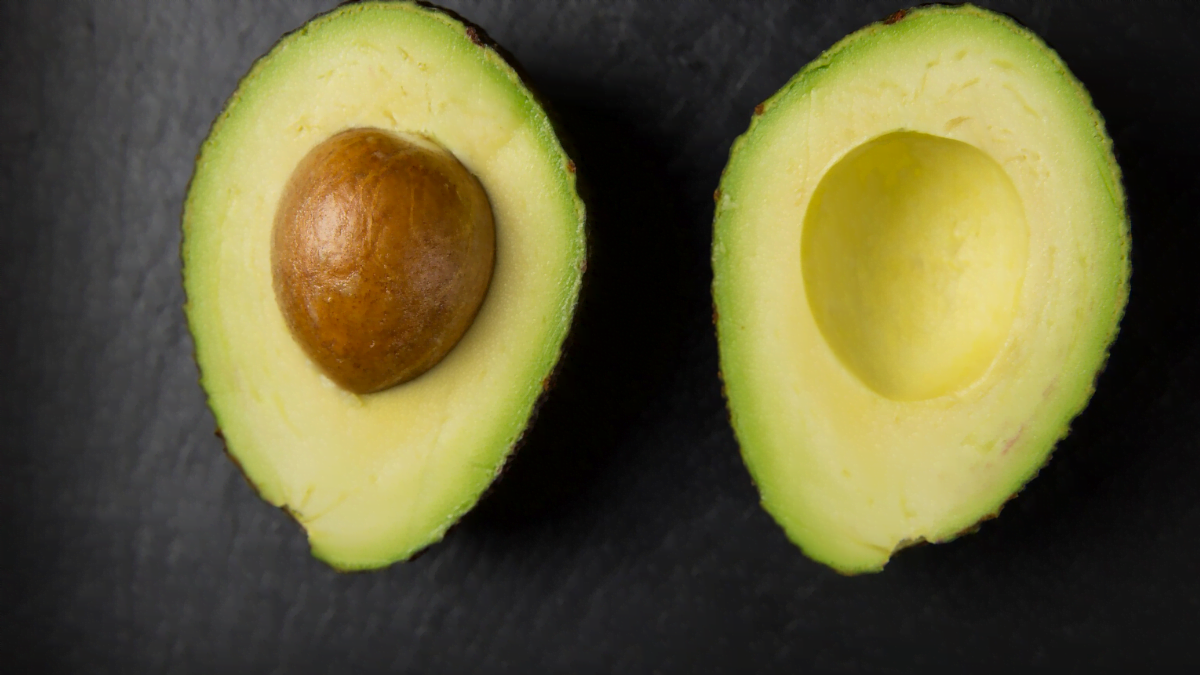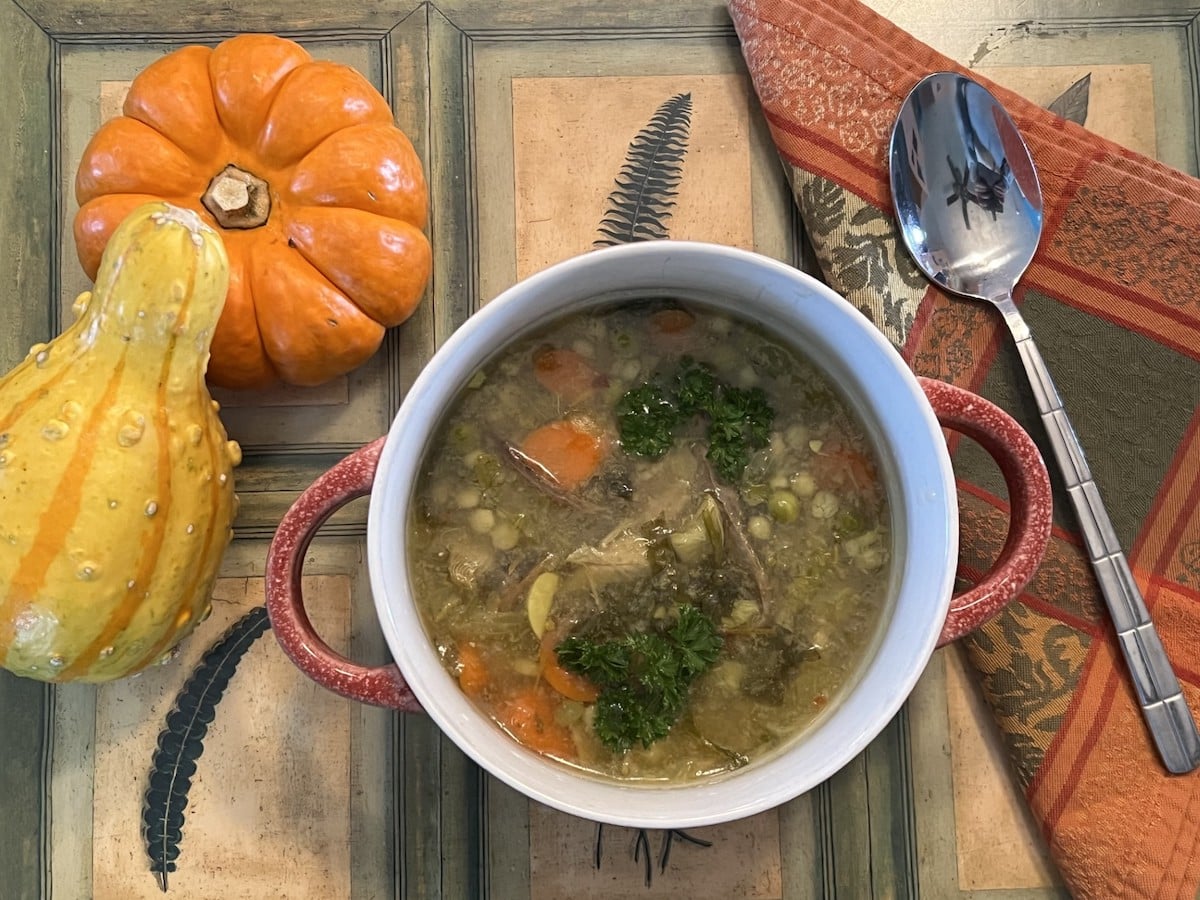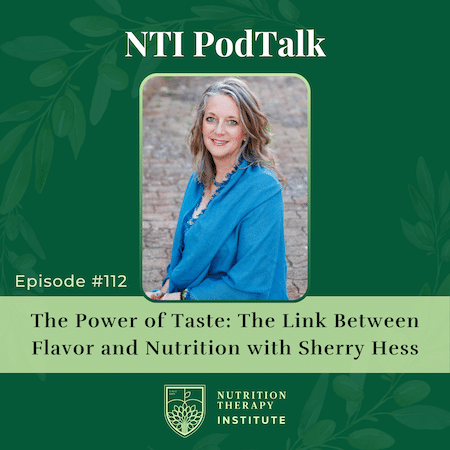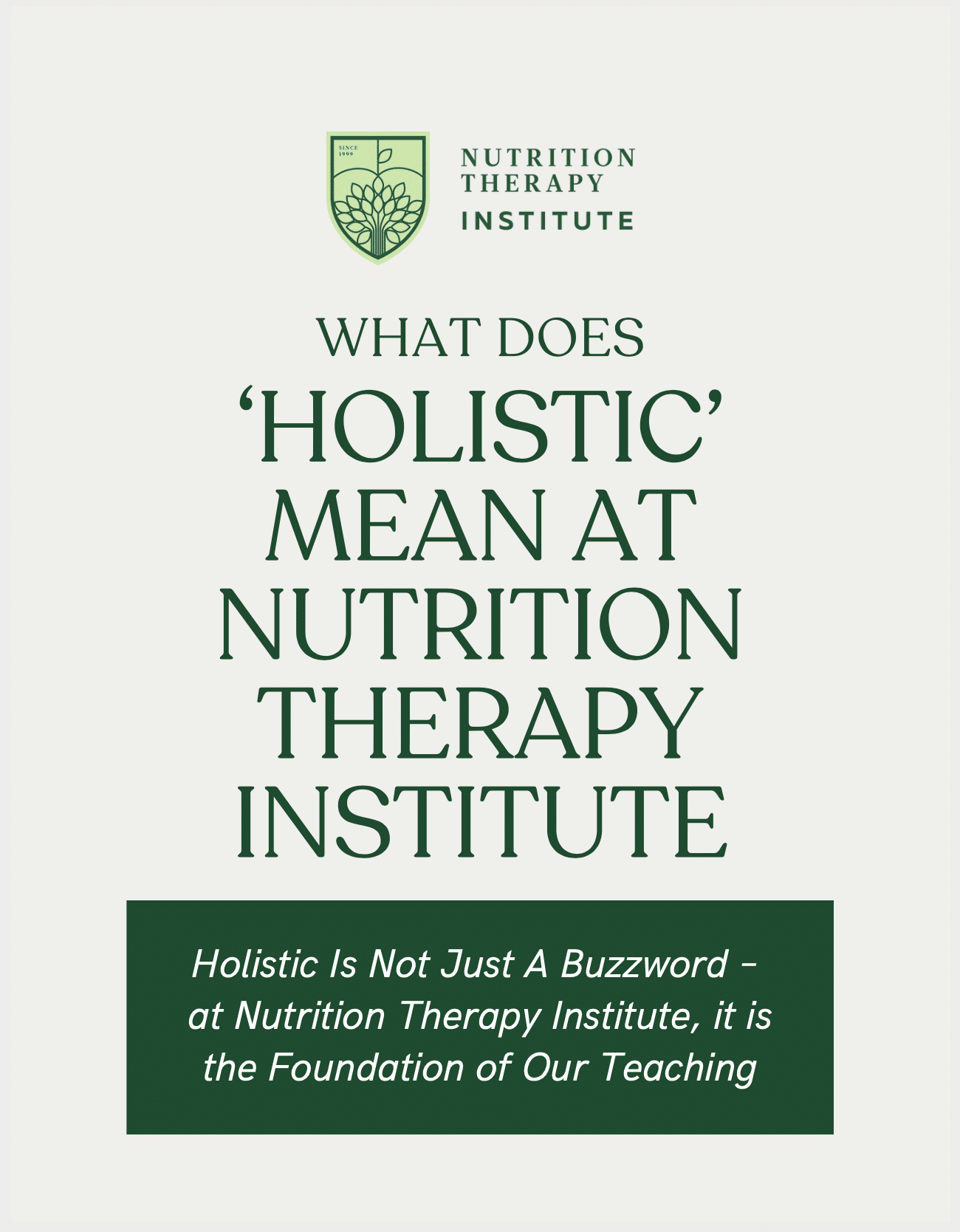
Share this post!
Rich, creamy, green, and nutritious: what’s not to love about the humble avocado?
Though this fruit can be grown year round in some parts of the world, in California, where the majority of US avocados are grown, they are in season from May to August.
This week’s blog is a shout out to a super nutrient-dense summer (or anytime) food – the avocado.
Nutritional Value of the Avocado
Here’s a rundown of the nutritional composition of the most common variety of avocados grown in the US, the Hass avocado. Where indicated, amounts are represented based on a 68 gram serving, which is roughly one half of a large Hass avocado.
Carbohydrates
Avocados are extremely low in sugar, with only 0.2 grams per 68 gram serving. The primary form of sugar in this fruit is D-mannoheptulose, which is a unique 7-carbon sugar that may promote regulation of blood glucose because it doesn’t stimulate a large insulin response.
In addition, avocados are a rich source of fiber, with about 4.6 grams per one half avocado. A single serving of avocado can go a long way toward meeting daily fiber requirements of 25 grams for women and 38 grams for men.
Due to the low sugar and high fiber content, the glycemic load of this food is practically zero, which means that consuming avocado does not markedly increase blood glucose levels.
Protein
Avocados contain roughly 1.3 grams of protein per 68 grams.
Though not a particularly good source of protein, avocados are one of the highest food sources of glutathione, a small protein made of just 3 amino acids linked together: glycine, cysteine, and glutamic acid.
The amount of glutathione in avocados pales in comparison to the amount generated by our cells to manage oxidative damage. Furthermore, glutathione in foods is dismantled into its individual amino acid parts prior to being able to exert its antioxidant benefits in the body. However, evidence shows that following a Mediterranean diet, which emphasizes healthy plant-based fats such as avocados, helps to maintain adequate glutathione status throughout the body.
Fats
Here’s where the avocado really shines. One half of a Hass avocado contains about 10.5 grams of fat, which is about 80% of its total calories. The composition of fatty acids is what leads many to consider the avocado the epitome of healthy fat. Avocado contains:
- 71% monounsaturated fatty acids
- 13% polyunsaturated fatty acids
- 16% saturated fatty acids
The large proportion of monounsaturated fats is why many recommend the consumption of avocados as part of a healthy diet. Moreover, the presence of dietary fat enhances the absorption and utilization of many of the micronutrients present in avocados.
Minerals
Avocados contain a significant amount of potassium (345 mg) and magnesium (20 mg), which is about 7% and 5% of the recommended daily intakes of each mineral, respectively. Sodium and calcium are relatively low.
Vitamins
B vitamins, especially folate and vitamin B6, are found in substantial quantities in avocados. One half an avocado provides about 15% of the daily recommended intakes for these vitamins, while other B vitamins such as niacin (B3), pantothenic acid (B5), and riboflavin (B2) are also present.
In addition, antioxidant vitamins C and E are both found in the avocado. These two vitamins work together to minimize oxidative damage to lipid membranes of our cells.
Avocados are also a good source of vitamin K1, which helps us maintain the balance between coagulation and anticoagulation of the blood. One 68 gram serving provides about 12% of our daily vitamin K needs.
Phytonutrients
Phytonutrients are micronutrients found in plants and there are several present in avocados, particularly ones belonging to a class of compounds called carotenoids.
Avocados contain lutein, zeaxanthin, cryptoxanthin, beta-carotene, and alpha-carotene. These carotenoids are great antioxidants and are supportive to the health of the eyes, particularly lutein and zeaxanthin.
Recall that carotenoids are fat soluble, so avocados improve the delivery of these nutrients to our cells and support beta-carotene’s conversion to vitamin A. In addition, avocados enhance the absorption of other carotenoid-rich foods without high fat content, like dark leafy greens, sweet potatoes, and squash, when consumed together.
Other phytonutrients found in avocados include phenolic compounds like gallic acid, anthocyanidins, tocopherols, and other flavonoids, which also have antioxidant and protective qualities.
Phytosterols
Sterols derive from steroids, which are organic molecules with 4 ring structures arranged in a certain way. A sterol is simply a steroid molecule with one or more alcohol groups (-OH) attached.
They are naturally occurring in the plant and animal world where they play a role in the maintenance of the fluidity of cell membranes, making them soft and pliable and enhancing their function.
In animals, the primary sterol is cholesterol. Plant-based sterols are known as phytosterols, the most common of which are:
- Stigmasterol
- Sitosterol
- Campesterol
Phytosterols may convey health benefits to humans when consumed in plant foods as a result of their antioxidant, anticancer, antidiabetic, and antimicrobial characteristics. In addition, phytosterols may lower cholesterol levels in humans by inhibiting cholesterol absorption and decreasing its synthesis in the liver.
The main variety of phytosterol in avocados is beta-sitosterol. They also contain a small amount of campesterol and trace amounts of stigmasterol.
A Closer Look at Beta-Sitosterol
Avocados are one of the highest sources of this phytosterol, though you can also find it in other plant-based foods with substantial fat content, such as nuts, seeds, legumes, and olive oil.
Thanks to the health promoting properties of phytosterols like beta-sitosterol, these compounds are being studied for their potential therapeutic benefits.
For example, this 2020 review summarizes the effects of beta-sitosterol on measures of oxidative stress and glucose control in diabetes research. After reviewing many clinical trials, the authors concluded beta-sitosterol may help to normalize blood glucose and insulin levels, improve glycemic control, improve lipid profiles (due to its cholesterol lowering properties), and lower markers of oxidative stress.
Beta-sitosterol is also a component of the fatty acid profile of saw palmetto, an herb that is studied with respect to enlarged prostate and androgen deficiency in men.
In this 2020 randomized controlled trial, beta-sitosterol-enriched extracts of saw palmetto oil were compared with saw palmetto oil with typical beta-sitosterol content and placebo. The researchers observed slightly improved measurements of urine flow and free testosterone levels of the beta-sitosterol group. Proposed mechanisms include the synergistic effects of phytosterols with the fatty acids in saw palmetto (monounsaturated fatty acids like those in avocados), which offer anti-inflammatory effects as well as potential modulation of the enzyme activity surrounding androgen production.
Other Pertinent Areas of Research
The unique combination of fatty acids, vitamins, minerals, and phytonutrients in avocados make this food a great candidate for inclusion in a healthy lifestyle. According to food frequency questionnaires, those who consume avocados on a regular basis tend to have healthier diets, better nutrient intakes, and lower incidence of metabolic issues.
Avocados are a frequent subject of clinical trials involving health conditions including the following:
- Cardiovascular disease
- Weight management
- Osteoarthritis
- Eye health
- Skin health
- Cancer
- Aging
Not only are they nutritious, they travel well without extra packaging thanks to their tough outer skin, they are easy to come by, and, of course, they are delicious! Unfortunately, not everyone can enjoy avocados.
Latex-Fruit Syndrome
About 30-50% of people who are allergic to latex also have a sensitivity to avocados, as well as other fruits like bananas, kiwi, peaches, and tomatoes. The main culprit for latex allergy is a protein called hevein. Some fruits, like avocados, have similar proteins or structural features known as domains, which is why some people with latex allergies cannot eat avocados.
And now for the best part… eating avocados!
Serving Suggestions
Avocados are best consumed raw, so as not to damage the delicate fatty acids within them. My favorite way to eat an avocado is to mash it up with a little bit of salt – simple and satisfying.
Here’s a delicious twist on a simple sandwich – the BLT – avocado style. The saltiness of the bacon compliments the cool, creaminess of the avocado nicely.

B.L.A.T. – Bacon, Lettuce, Avocado, Tomato
Ingredients:
- Two slices of your favorite bread, toasted
- Two slices of cooked bacon
- A few pieces of lettuce
- ½ large Hass avocado, mashed and salted to taste
- Thick slices of fresh tomato
Layer all ingredients between the two slices of bread and enjoy!
To make it vegan, try substituting the bacon for the savory almond spread recipe at the end of this previous NTI blog.
However you choose to enjoy your avocados, be grateful for their impressive nutritional profile and support in absorbing fat-soluble nutrients from other foods.
To learn about cooking nutrient-dense meals for all age levels, check out NTI’s Natural Food Chef Program.
Want more inspiration to use avocadoes in your cooking? Check out these NTI-featured recipes:
_________________________________________________________________________________________________________________
About the author
Karyn Lane is working towards her holistic nutrition certification in NTI’s Nutrition Therapist Master Program. She finds her chemistry degree a useful tool in her study of holistic nutrition and loves to treat herself as a laboratory for new recipes and cooking techniques. You can follow her on Instagram @feel.alive.nourishment.
About Nutrition Therapy Institute’s Holistic Nutrition Certification
Nutrition Therapy Institute (NTI) is a leader in holistic nutrition education. Since 1999, NTI has provided students with the highest quality in nutrition training by offering comprehensive holistic nutrition courses online and in-person to help students achieve thriving careers as holistic nutrition therapists in the field of holistic nutrition counseling and wellness. Interested in starting our holistic nutrition courses and earning your holistic nutrition certification? Attend an informational webinar to learn more by signing up HERE.
Images:
Image by FoodieFactor is free for use from Pixabay
Image by Mikes-Photography is free for use from Pixabay
Share this post!




















